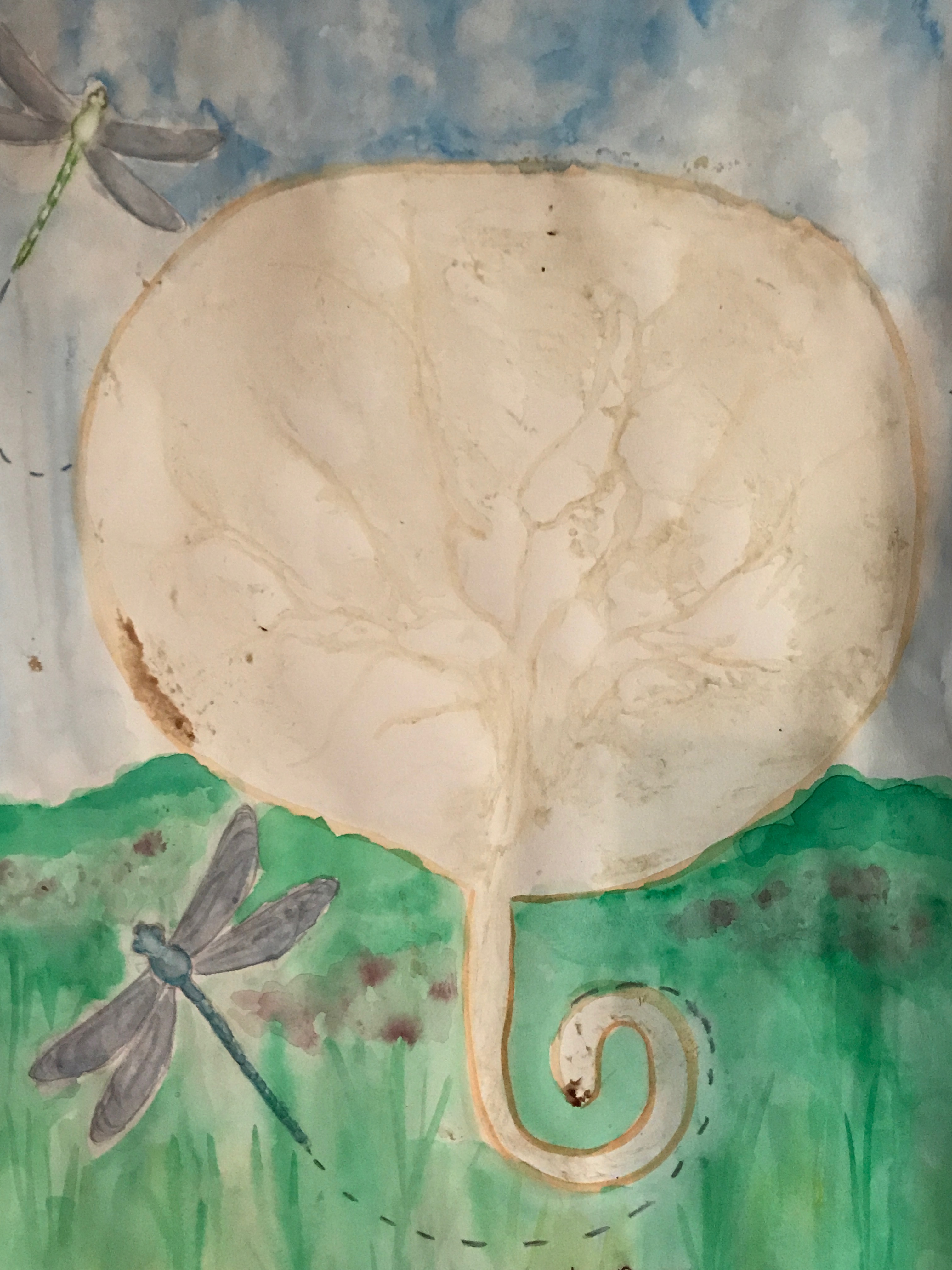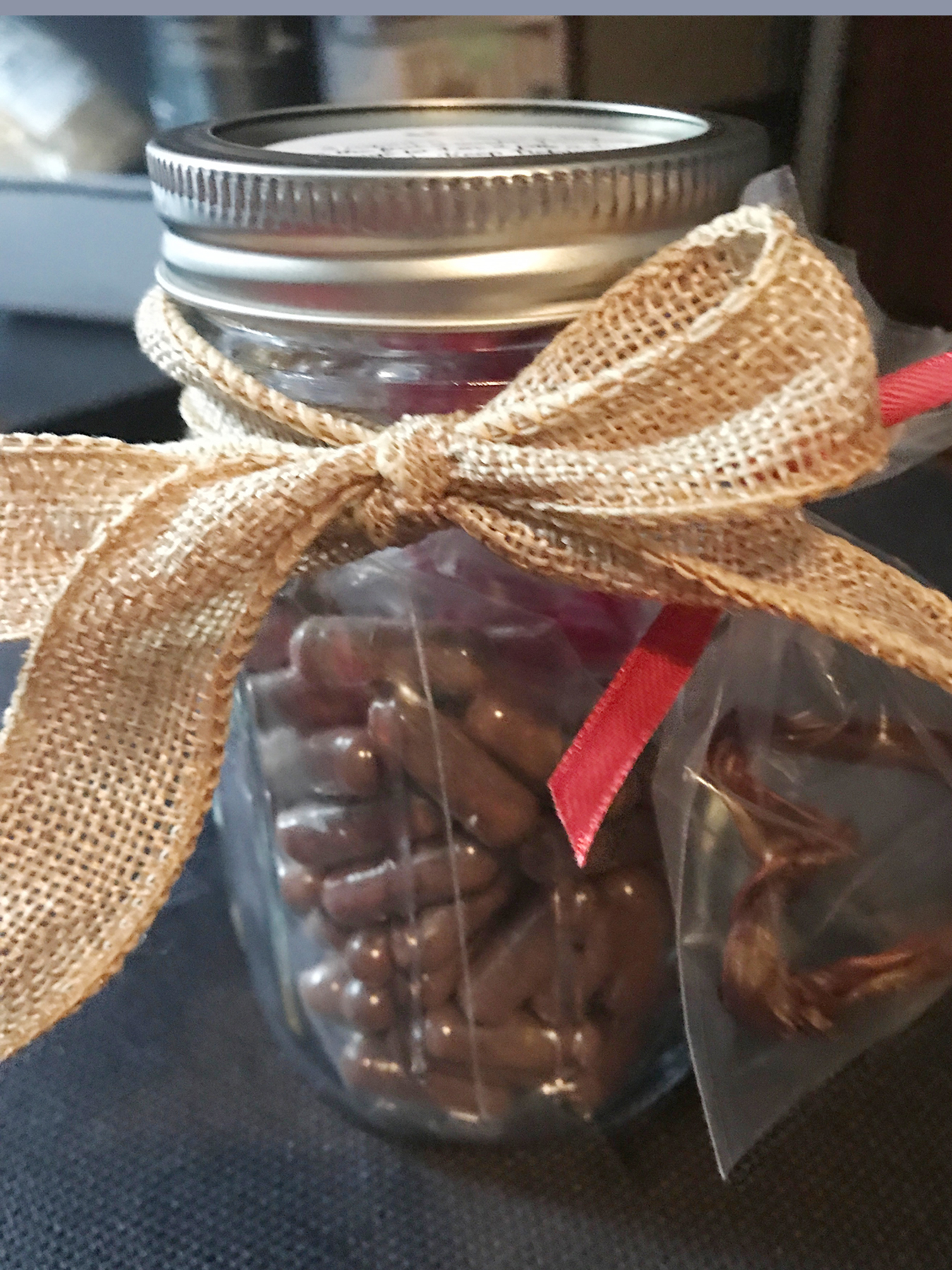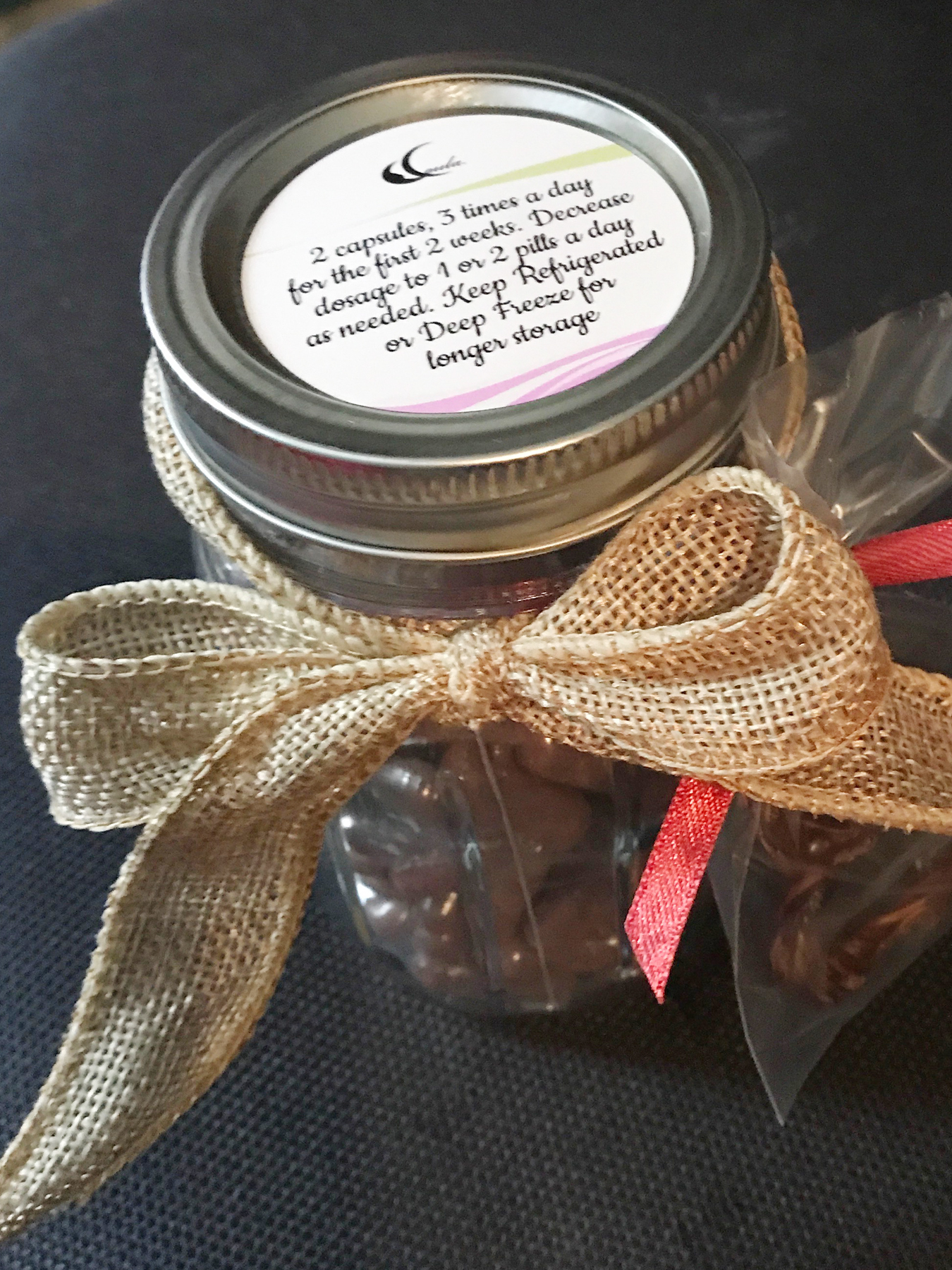We offer TCM, Raw Preparation, Tinctures. Placenta Prints & Art.
For more information contact 330-209-5351
According to Traditionl Chinese Medicine (TCM) Practices, the placenta is a ‘full of life force’ organ offering those who consume it ‘jing’ energy only obtainable at birth and consuming placenta is comparable to ‘drinking from the fountain of youth’. Today, the Evidence on Placenta Benefits is primarily antedotal and many believe the effect is purely Placebo. Regardless, in my paractice I see a huge improvement in Postpartum Recovery and no adverse side effects; especially for women who have suffered with depression and anxiety.
In Ohio ther are 2 ongoing studies on the potential hormonal benefits. We are excited for the results.
The principals of this 4000 year old practice state that consuming the placenta after birth using placenta encapsulation or other placenta remedies nourishes the mother of lost nutrients and hormones and may supoort the bodies natural ability to balance hormomes and fight the ‘baby blues’ and/or post-natal depression, support healthy energy levels, and Lactation.
The Placenta contains hormones, chemicals, iron and proteins that are believed to aid the body in postnatal recovery.
They include:
Estrogen, Progesterone, Testosterone: Contributes to mammary gland development in preparation for lactation: stabilizes postpartum mood; regulates post-birth uterine cramping; decreases depression; normalizes and stimulates libido.
Prolactin: Promotes lactation; increases milk supply; enhances the mothering instinct.
Oxytocin: Decreases pain and increases bonding in mother and infant; counteracts the production of stress hormones such as Cortisol; greatly reduces postpartum bleeding; enhances the breastfeeding let-down reflex.
Placental Opioid-Enhancing Factor (POEF): Stimulates the production of your body’s natural opioids, including endorphins; reduces pain; increases well-being.
Thyroid Stimulating Hormone: Regulates the thyroid gland; boosts energy and supports recovery from stressful events.
Corticotropin Releasing Hormone (CRH): Low levels of CRH are impacted in postpartum depression. Regulation of CRH helps prevent depression.
Cortisone: Reduces inflammation and swelling; promotes healing.
Interferon: Triggers the protective defenses of the immune system to fight infection.
Prostaglandins: Regulates contractions in the uterus after birth; helps uterus return to its pre-pregnancy size. Anti-inflammatory effects.
Iron: Replenishes maternal iron stores to combat anemia, a common postpartum condition. Increases energy; decreases fatigue and depression.
Hemoglobin: Oxygen-carrying molecule which provides a boost in energy.
Urokinase Inhibiting Factor and Factor XIII: stops bleeding and enhances wound healing.
Immunoglobulin G (IgG): Antibody molecues which support the immune system.
Human Placental Lactogen (hPL): This hormone has lactogenic and growth-promoting properties; promotes mammary gland growth in preparation for lactation in the mother. It also regulates maternal glucose, protein, and fat levels



